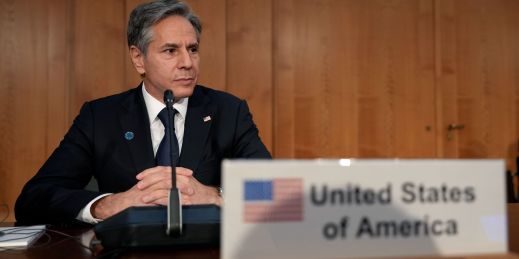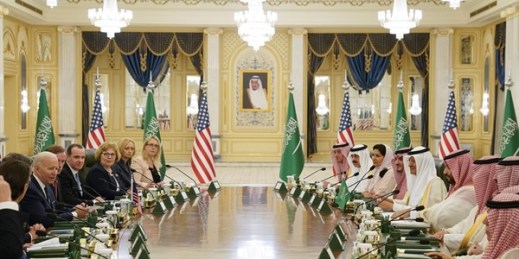
The coronavirus pandemic and other global challenges have highlighted the importance of addressing the fractures and failures within the U.S. agencies tasked with implementing the Global Fragility Act. A good place to start is by applying some of the act’s components to the United States’ own institutions and programming.


